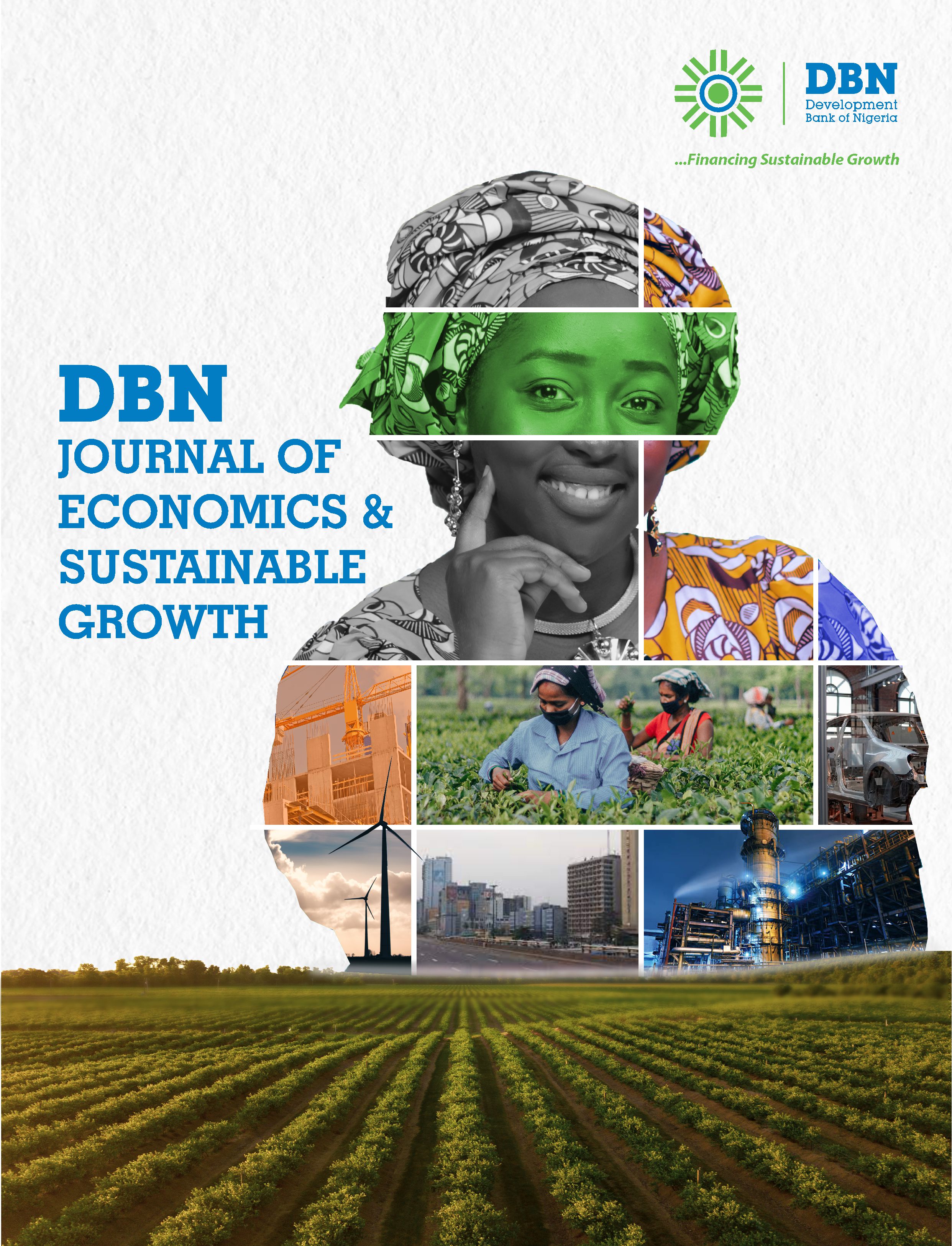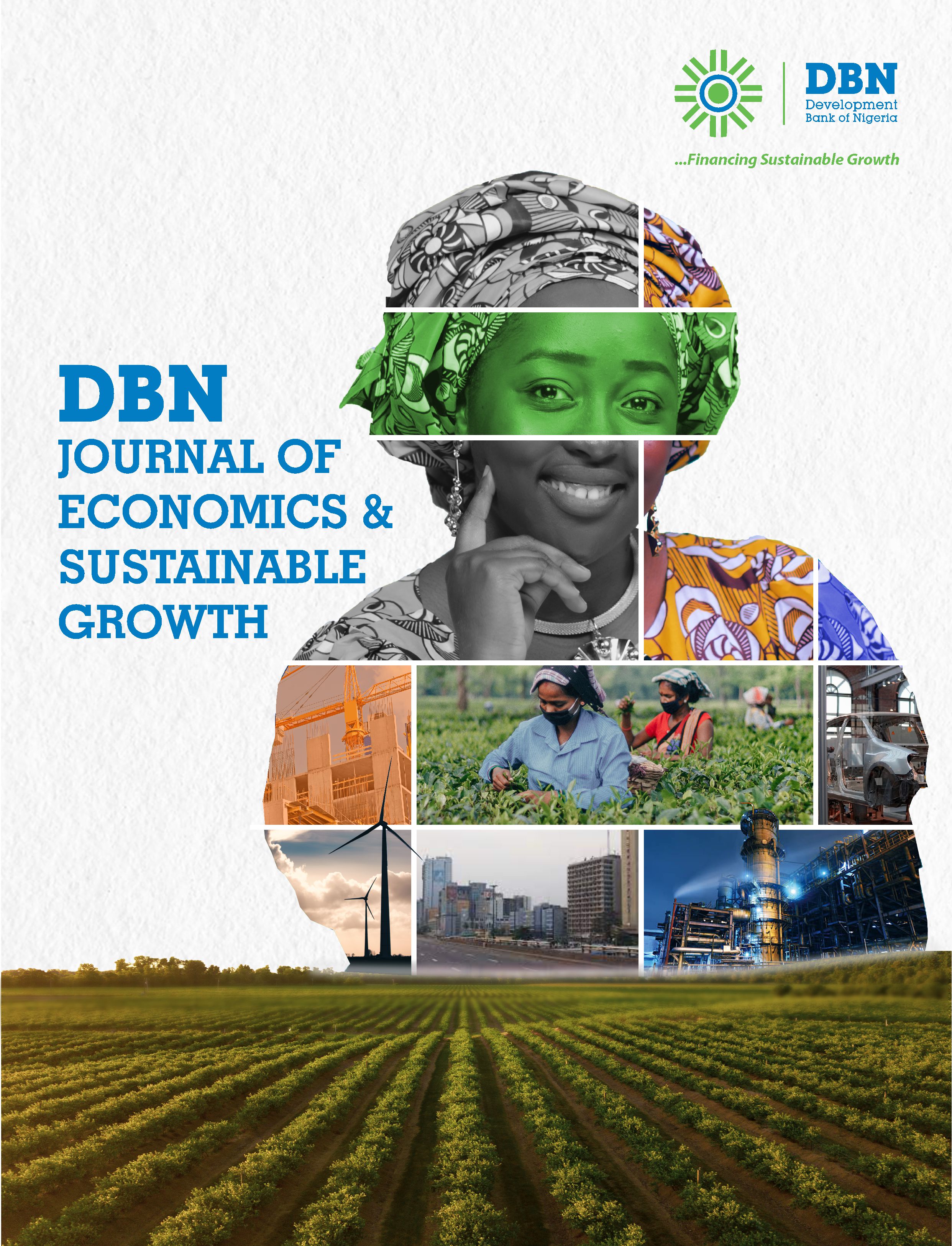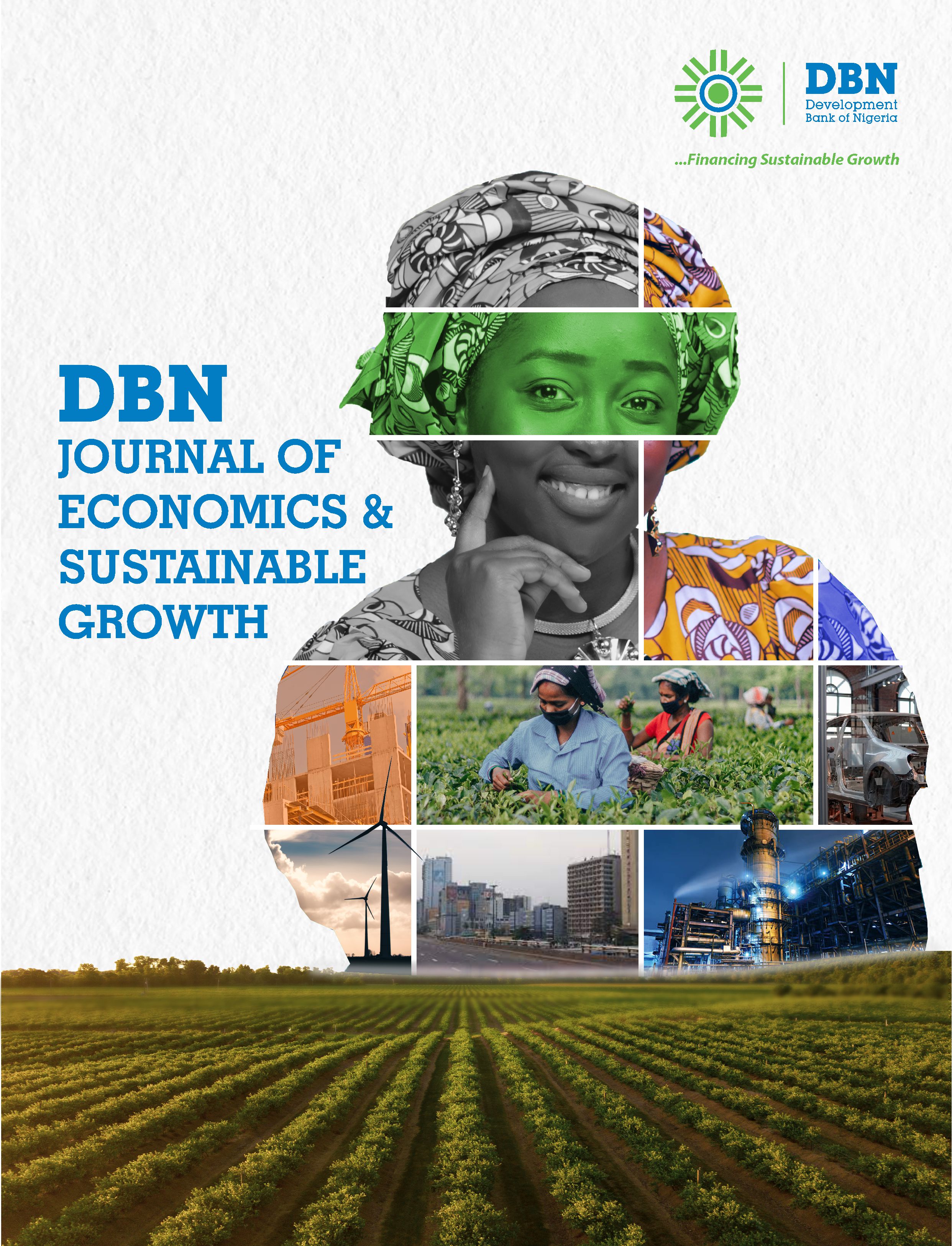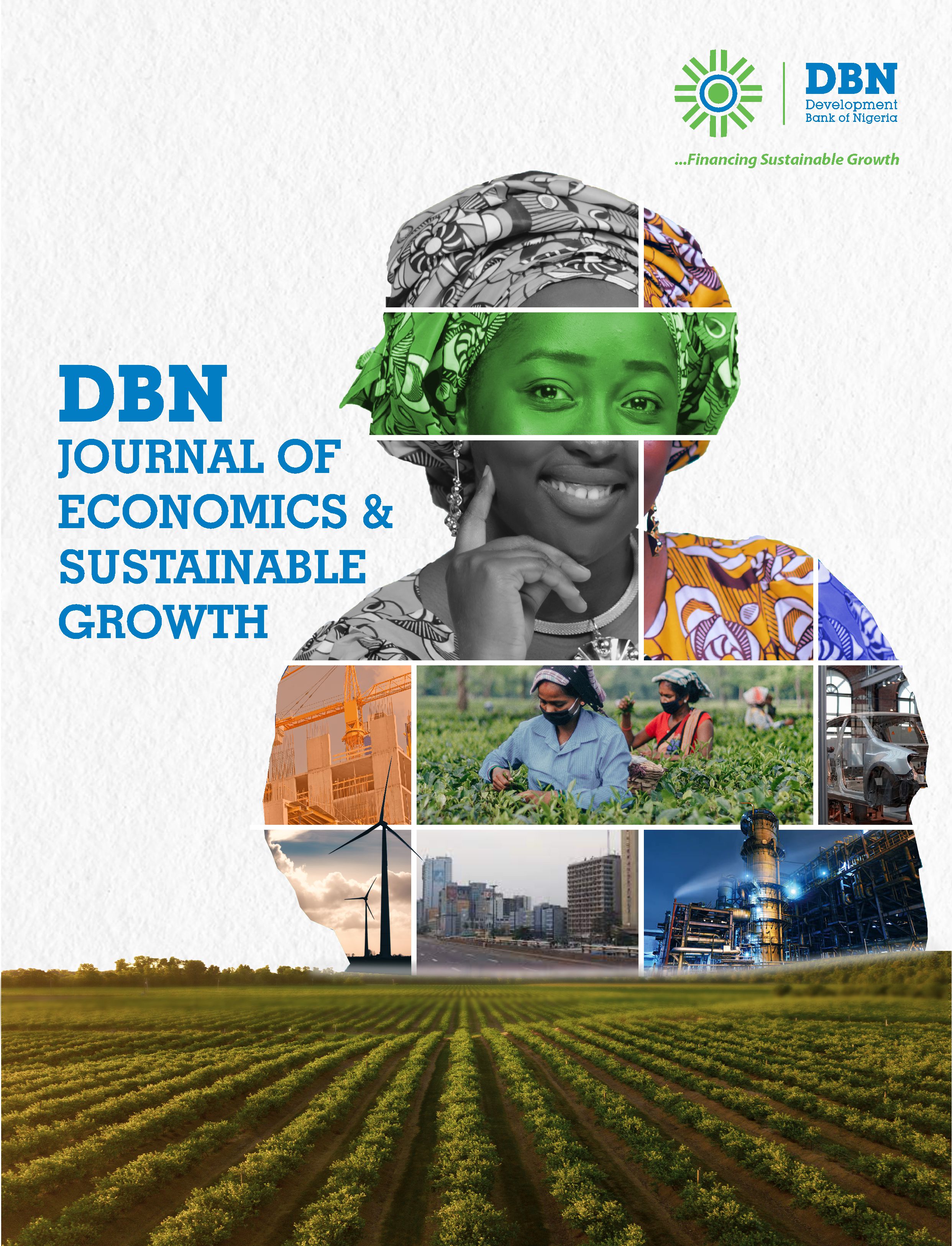
Publication Information
Published by: Admin
Published: 1 year ago
View: 270
Pages: 28
ISBN:
Abstract
In consideration of the relevance of industrialisation to sustainable growth and development, this study investigates the determinants of industrialisation in Nigeria. In doing this, the dynamic OLS estimator is employed for analysis of annual time series data spanning the period from 1981-2022. The study finds that FDI, trade openness, exchange rate and government capital expenditure are significant determinants of industrialisation. Specifically, it is found that industrialisation is positively affected by increased FDI inflows and government capital expenditure, and negatively affected by trade openness and currency depreciation. Domestic investment and financial deepening are found to have non-significant effects on industrialisation. Based on the empirical evidence, the study recommends as measures to (further) industrialise the economy: (i) increased government capital expenditure especially expenditure in energy generation (and transmission), transportation, telecommunication, research development and other viable pro-industrialisation capital projects, as industrialisation could be state-assisted; (ii) efforts by the government to enhance the attractiveness of the economy and position same for FDI inflows. (iii) selective trade liberalization with due consideration of infant industry-protection and import-substitution strategies and (iv) strengthening of the local currency using appropriate policies.
Oziengbe Scott Aigheyisi Dr
Related Publications

VOLUME 6 ISSUE 2 2024
Nexus of Poverty Alleviation, Entrepreneurship, and Economic Growth: A Comparative Analysis

VOLUME 6 ISSUE 2 2024
Industrial Sector Performance – Poverty Reduction Nexus in Nigeria: The Moderating Role of Financial Development

VOLUME 6 ISSUE 2 2024
Information and Communication Technology Adoption and Financial Development in a Digital World: Empirical Analysis from Nigeria
